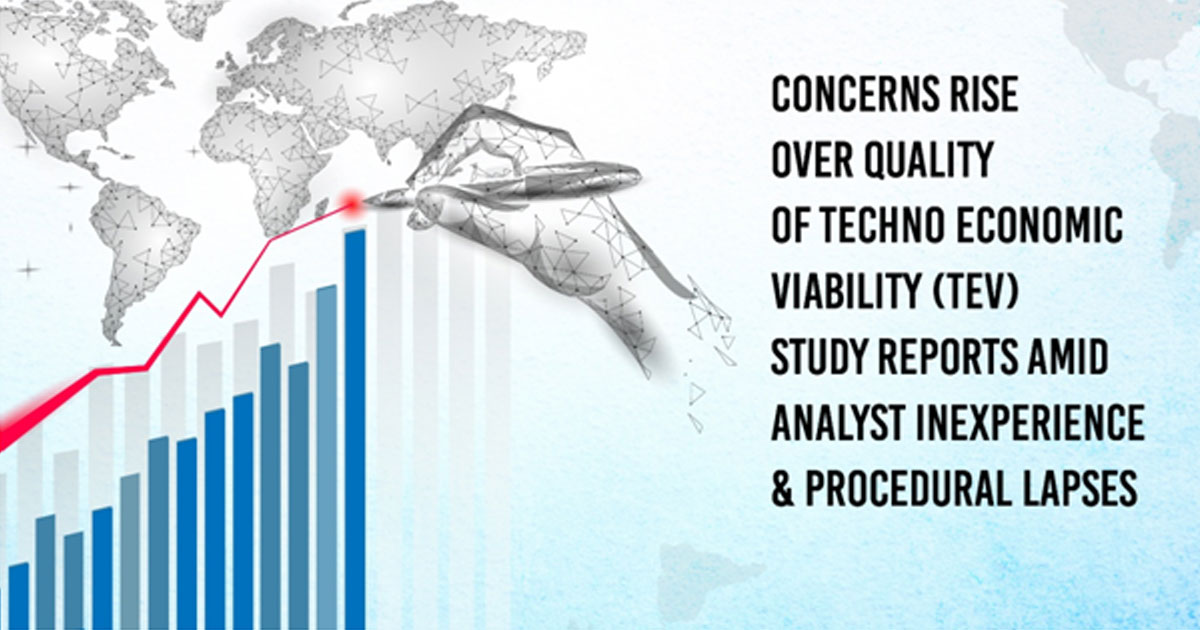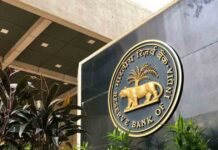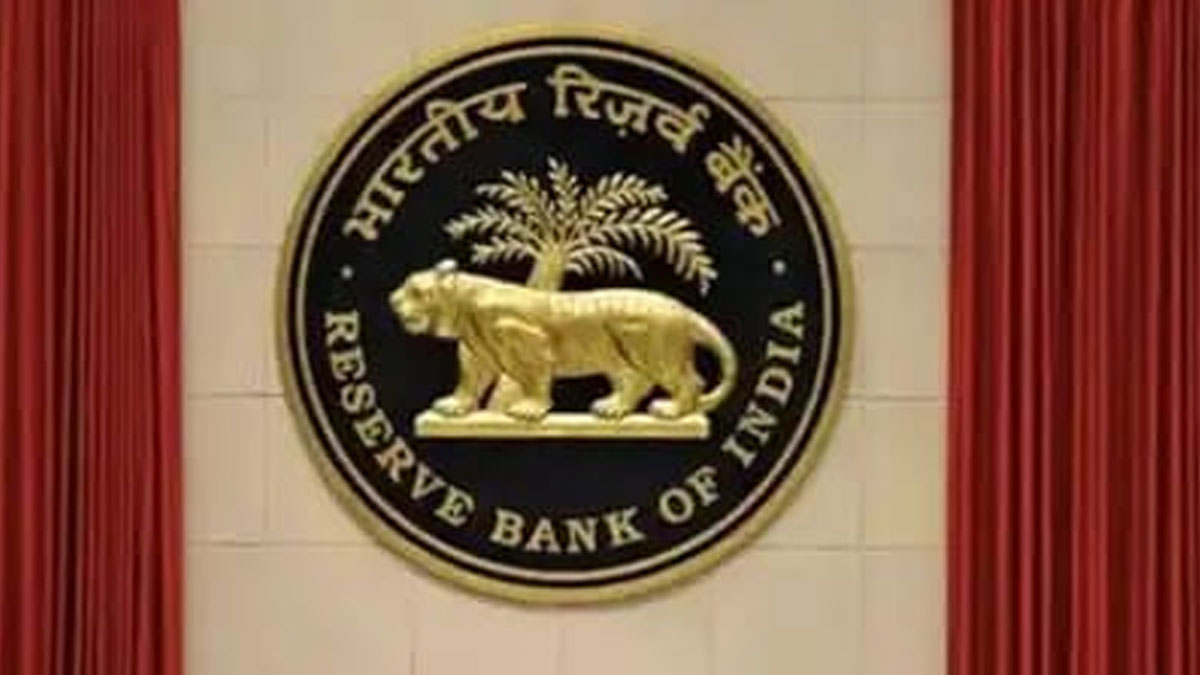
The credibility of Techno Economic Viability (TEV) Study Reports, a crucial document in bank loan evaluations, is under serious scrutiny as industry insiders raise alarm over increasing cases of inexperience among analysts and procedural irregularities during report preparation.
A TEV Study Report serves as an independent third-party assessment of the viability of a proposed new project or a restructuring proposal submitted by a borrower. Mandated by the Reserve Bank of India (RBI) for public sector banks in high-value credit proposals, the report often becomes a deciding factor in whether a loan gets sanctioned or rejected. While private sector banks conduct TEV assessments using their internal teams, many still engage third-party agencies for external validation in selected cases.
However, experts from within the sector now point to a disturbing trend — TEV assessments being conducted by analysts with little to no relevant experience or sectoral understanding.
“To get empanelled with banks, many TEV agencies display experienced operations teams on paper, but the actual analysis is carried out by junior or inexperiencedstaff,” said an industry insider on condition of anonymity. “Some even use employees from subsidiary or Group companies who have no direct expertise in the domain.”
Lack of Capability, Rushed Reports, and Conflict of Interest
The problem escalates when experienced analysts exit such agencies. Despite the exit, these firms continue receiving assignments based on their empanelment, with no real effort to rebuild competent teams.
Another major concern is the lack of time allocated for proper analysis. Agencies are often pressured by banks and borrowers to submit reports within just 5 days, compromising the depth and accuracy of the analysis. In many cases, no site visit is conducted—not even when the customer is bearing the visit costs.
“How can anyone objectively analyze a project’s technical and economic viability in five days, without even visiting the project site?” the insider questioned.
The situation is further exacerbated by institutional pressure to show viability, even in doubtful or borderlinecases. Analysts who provide honest, unviable assessments often face pressure to revise the report from banks, borrowers, and even their own superiors.
Call for Stronger Oversight by RBI
Experts are now urging the RBI to introduce stricter monitoring mechanisms without interfering in the analyst’s judgment. Suggestions include:
Requiring banks to verify the names and employment details of the active TEV analysts (on payroll) before assigning new studies.
Mandating minimum timeframes and procedures, such as site visits, for all TEV assignments.
Enabling anonymous reporting mechanisms for analysts facing unethical pressure.
While TEV Reports are meant to ensure responsible lending and protect public funds, procedural lapses, lack of analyst capability, and external pressure undermine their purpose.
A robust framework from RBI—ensuring transparency in agency staffing, procedural compliance, and timelines—could restore confidence in TEV studies and ensure they continue serving as a true safeguard in the loan sanction process.
#RBI, #ReserveBank #ReserveBankofIndia, #TEV, #TEVStudy #TechnoEconomicViability, #ProjectFinance, #BankFinance #BankLoan











